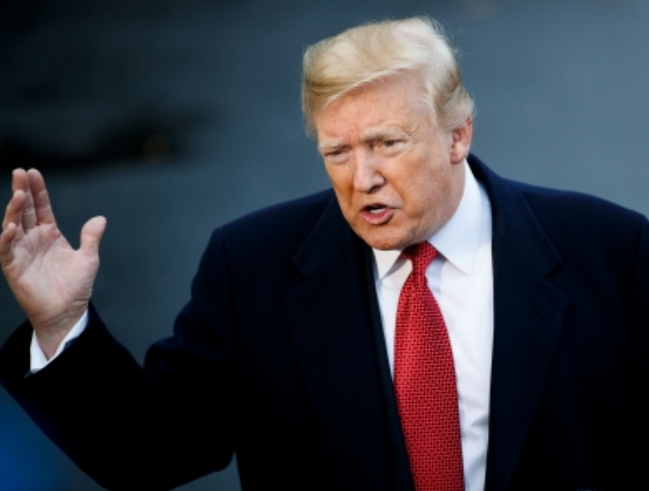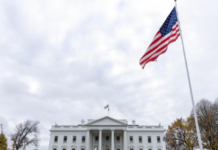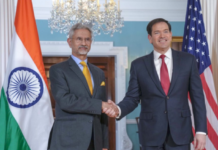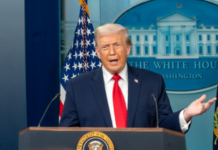NEW DELHI– The United States’ decision to slap 50 percent tariffs on Indian imports is being seen less as an economic move and more as a reaction to President Donald Trump’s bruised ego after New Delhi rejected his claim of brokering a ceasefire with Pakistan following Operation Sindoor, according to a report in the London Daily.
“Trump’s 50 percent tariff on Indian goods is as much about showing off power as about economics,” the report said, noting that while India is being penalized for buying Russian oil, the European Union quietly imported €21.9 billion in Russian fossil fuels last year—more than the €18.7 billion it sent in aid to Ukraine. “So, is this really about energy morality—or is it messaging in a world order that’s in flux, where alliances, trade, and even climate priorities are shifting? Perhaps ego is also part of the story.”
Tensions between Washington and New Delhi worsened after India dismissed Trump’s claim of halting the India-Pakistan flare-up. Indian officials clarified that Islamabad had itself requested a ceasefire after suffering losses in Operation Sindoor, which struck terrorist camps and damaged strategic air bases inside Pakistan. New Delhi agreed only after the mission’s objectives had been achieved—contradicting Trump’s narrative of playing peacemaker.
Pakistan, meanwhile, embraced Trump’s version of events and even recommended him for the Nobel Peace Prize, amplifying his self-styled image as a global conflict mediator. India’s refusal to endorse this account reportedly widened the rift with Washington.
Trump has also justified the tariff hike as a sanction on India for purchasing Russian oil, framing it as part of pressure on Moscow to end the war in Ukraine. But Indian officials insist their purchases serve both national and global interests, keeping domestic fuel prices low and helping prevent global oil markets from spiraling.
Analysts point out the double standard: while China buys more Russian oil than India, the Trump administration has not imposed punitive tariffs on Beijing. (Source: IANS)














